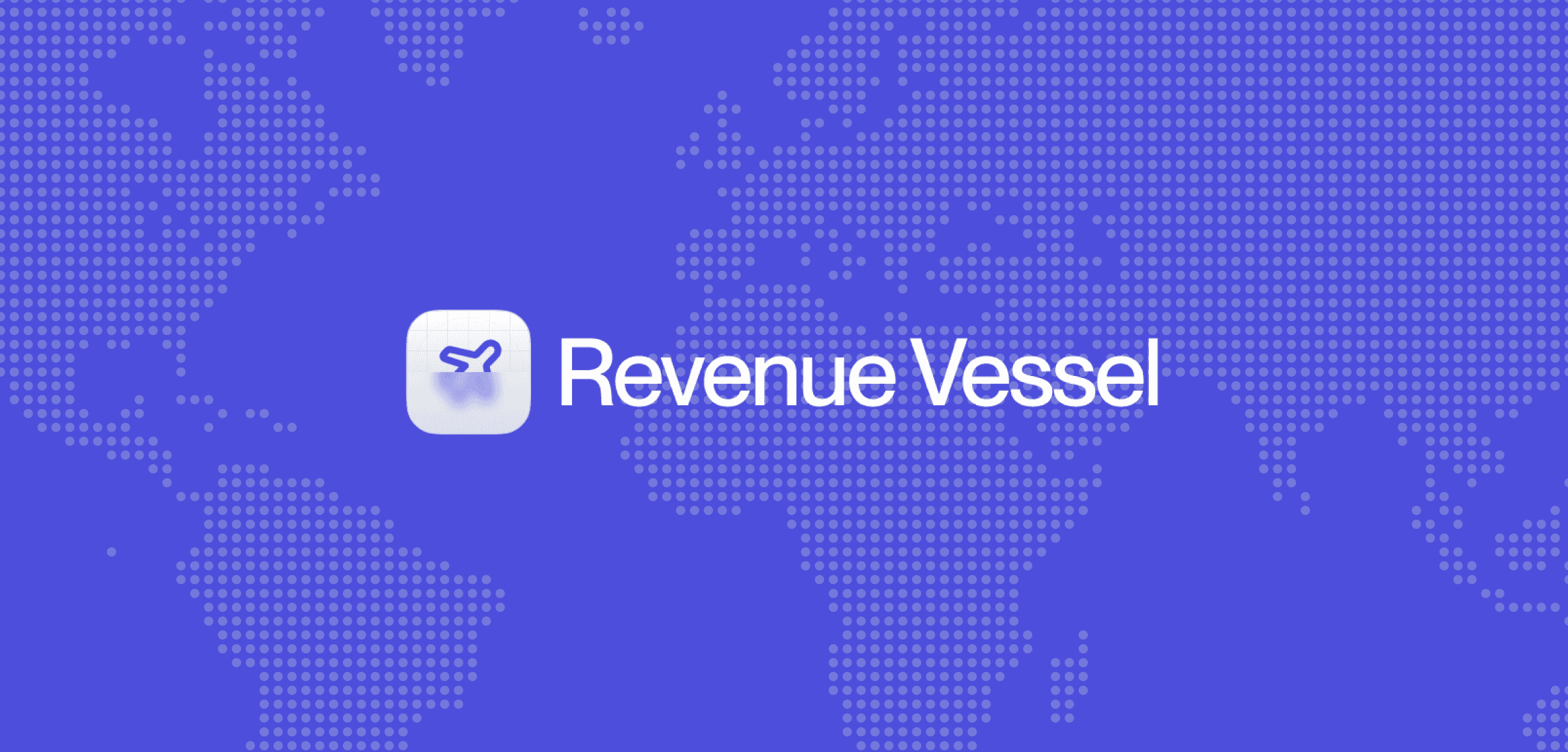Insights
In the fast-paced world of logistics sales, few factors can disrupt your strategy as quickly and decisively as tariffs. These import taxes not only reshape global trade but also create ripple effects that impact client demand, pricing, and profitability. To stay competitive, logistics sales teams must adapt quickly, understanding the nuances of tariffs and positioning themselves as trusted partners for their clients. In this blog, we’ll share actionable tips to help logistics sales teams navigate tariffs effectively and keep their edge in a challenging market.
Author:
Brian Li
Published on:
Dec 2, 2024
Tariffs can feel like a moving target. Rates, regulations, and affected goods change frequently, often with little warning. For logistics sales teams, this translates into several key challenges:
Increased Client Hesitation: Clients may delay shipments or switch suppliers, affecting your pipeline.
Pricing Uncertainty: Sudden tariff hikes can lead to unexpected cost increases, complicating your sales pitch.
Compliance Complexity: Explaining how tariffs impact specific shipments can be time-consuming and requires accurate, up-to-date data.
Successfully navigating these challenges is critical for sales teams aiming to build trust and maintain client relationships.
Here are some strategies to help logistics sales teams thrive in a tariff-impacted environment:
1. Master the Data
Access to high-quality data is non-negotiable. Understanding which industries and products are affected by tariffs—and by how much—can help you target prospects more effectively. Tools like Revenue Vessel allow you to identify qualified leads and adjust your approach based on real-time insights.
2. Shift the Conversation to Solutions
Rather than focusing on how tariffs are a problem, emphasize how your services can solve them. Highlight benefits such as cost-saving routes, alternative shipping options, and guidance on compliance.
3. Target Industries with Growth Potential
Certain industries, like essential goods or non-tariff-impacted sectors, are less vulnerable to fluctuations. Prioritize these verticals to maintain a steady stream of opportunities in your pipeline.
4. Stay Educated and Educate Your Clients
Tariff regulations are complex and ever-changing. By staying informed, you can position yourself as an expert resource for your clients, helping them make informed decisions about their logistics strategies.
5. Leverage Automation to Streamline Prospecting
Manual prospecting can’t keep up with the dynamic nature of tariff impacts. Use technology to automate lead generation and focus your energy on high-value activities, like closing deals and building client relationships.
Staying competitive in a tariff-driven market requires a deep understanding of data, efficient prospecting, and an ability to adapt quickly. Revenue Vessel’s platform is purpose-built to support logistics sales teams by:
Providing real-time insights into tariff-affected industries and trade routes.
Streamlining prospecting to connect you with qualified leads faster.
Equipping your team with the tools to deliver actionable strategies to clients.
In logistics sales, the only constant is change. As tariffs continue to evolve, those who can adapt their approach and embrace data-driven strategies will come out ahead. By focusing on client solutions, leveraging automation, and staying informed, you’ll position yourself not just as a sales rep but as a strategic partner your clients can rely on.
Tariffs don’t have to be roadblocks to success. With the right tools and mindset, logistics sales teams can turn these challenges into opportunities to stand out in a crowded market. By adopting these tips and leveraging tools like Revenue Vessel, you can ensure your team remains competitive, no matter how turbulent the trade landscape becomes.
Ready to future-proof your logistics sales strategy? Request a demo of Revenue Vessel and discover how we help teams like yours thrive in any market condition.


















